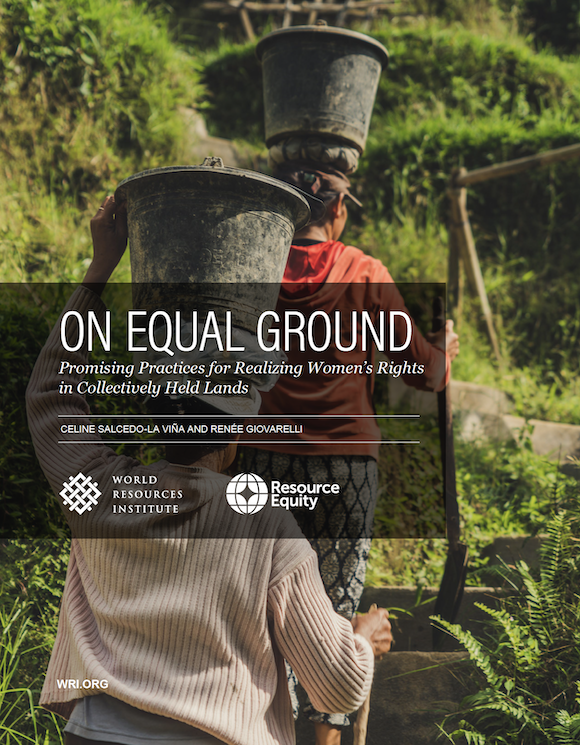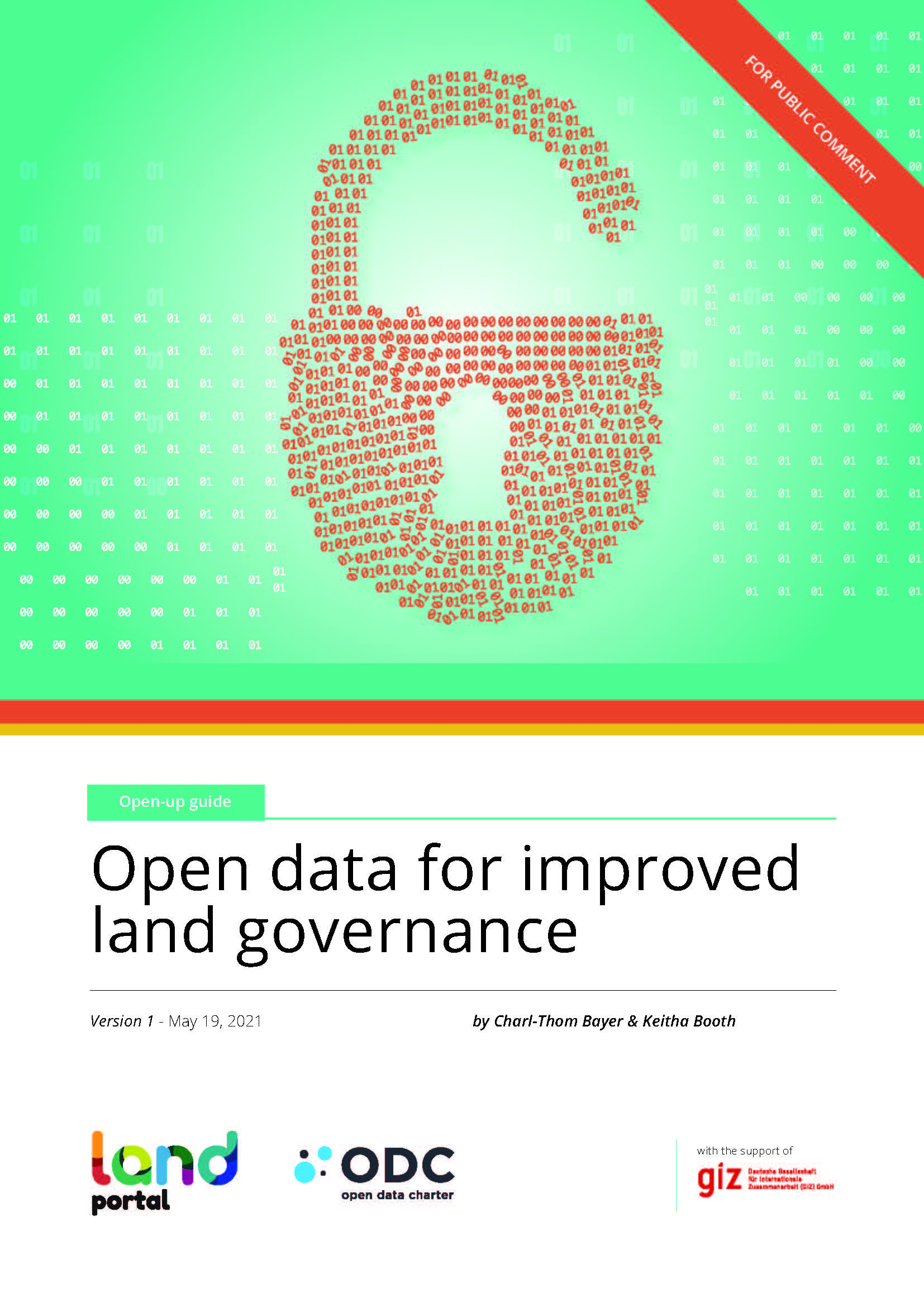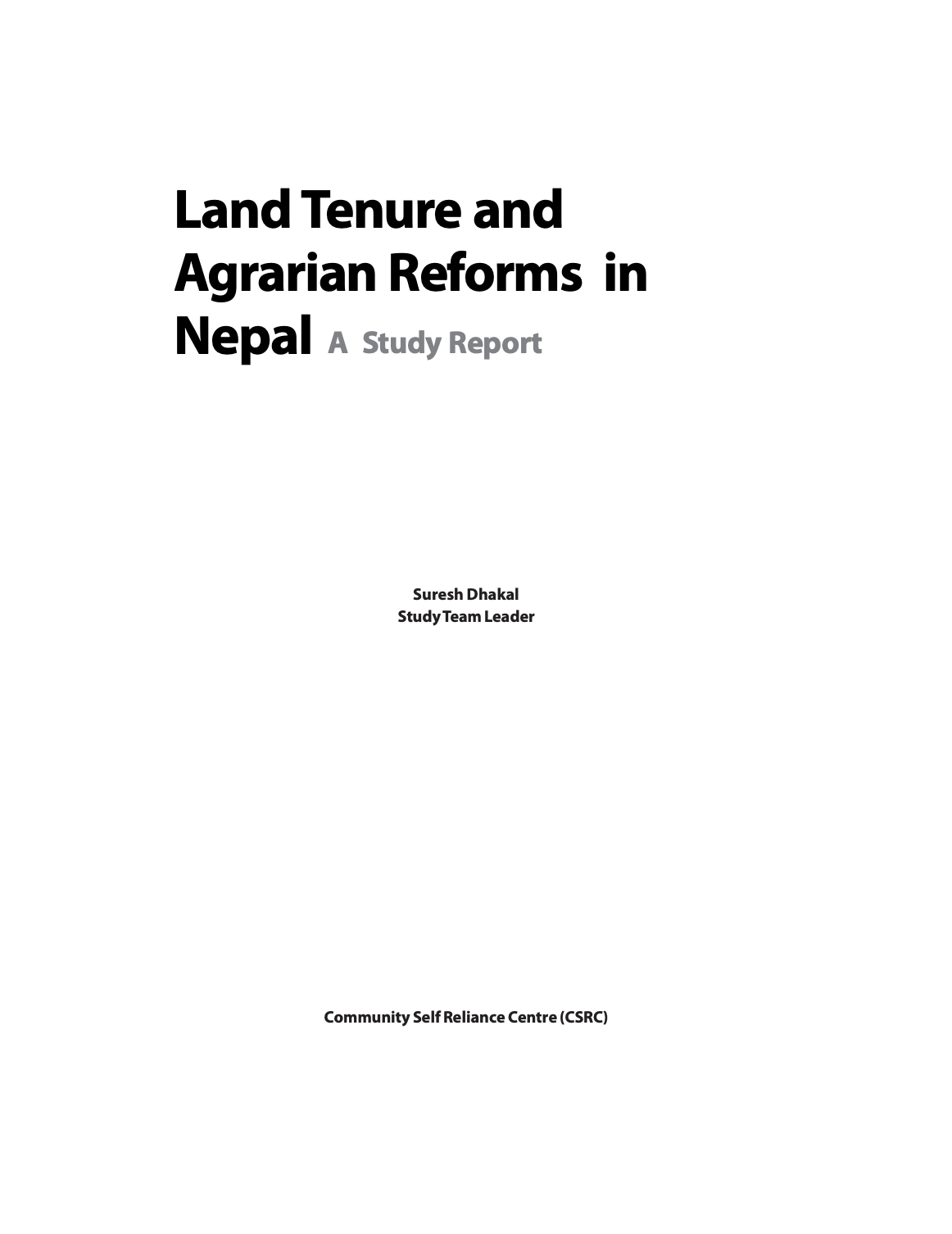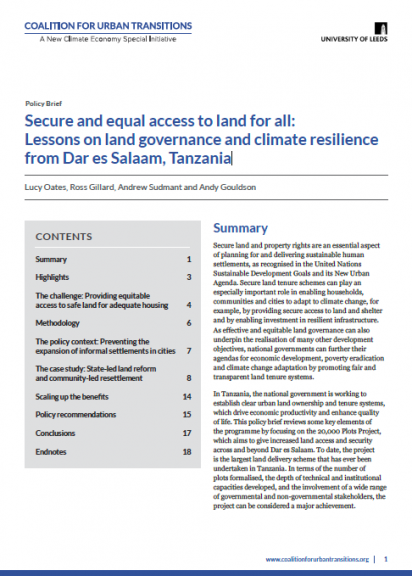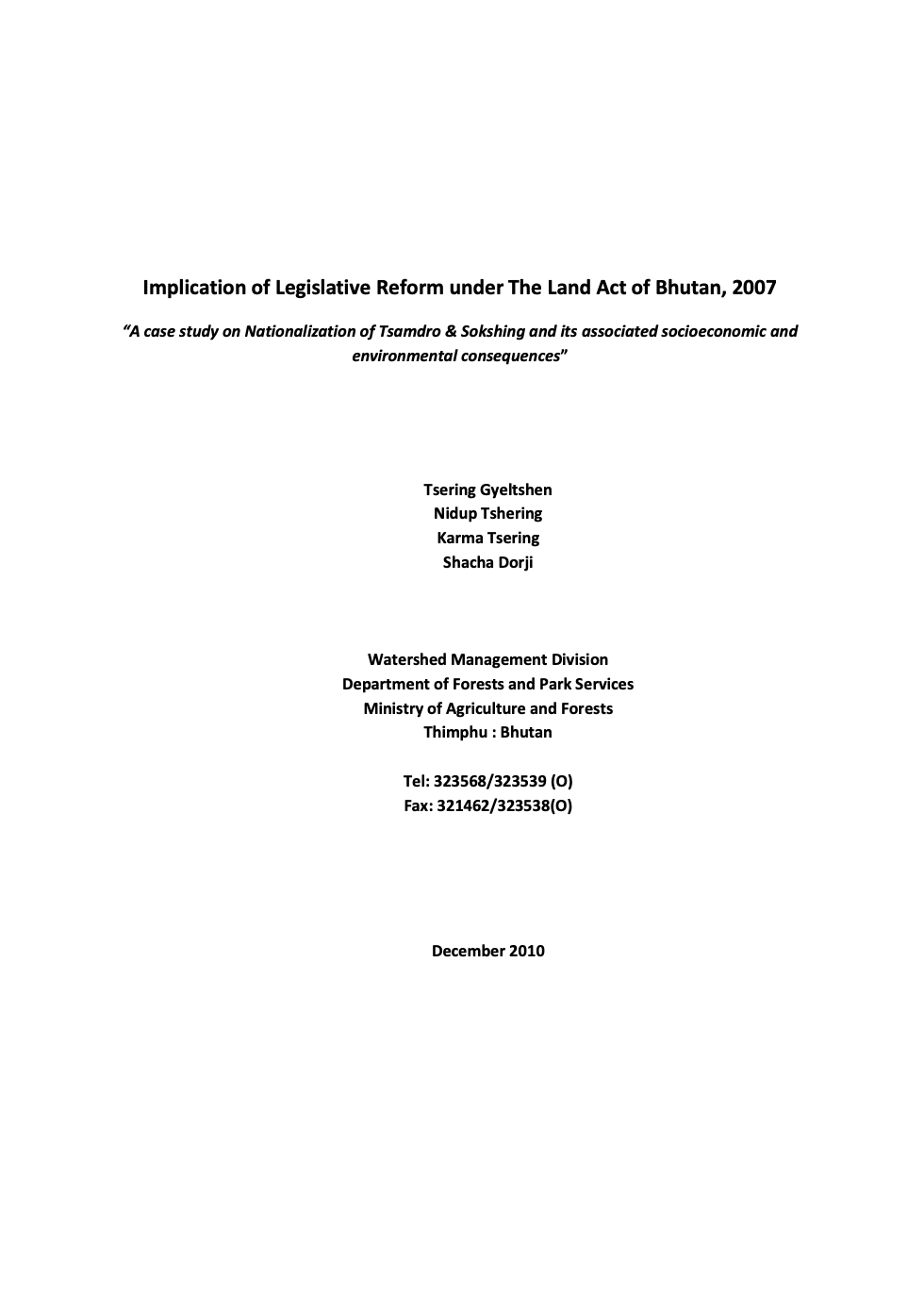Sistem Penguasaan Tanah dan Pohon untuk memperbaiki Pengelolaan Agroforestri di Sumatera Barat
Planting trees on public lands are often considered unsustainable due to the rights of individuals arc weak. Therefore it is important to know the individuals tree rights to promote tree planting. The study aims to conceptualize tree tenure system to encourage better management of agroforestry at the farm level. The result showed variation on tree tenure rights can be separated from land tenure rights, but attached to a custom or habit which is a local setting (customary).


